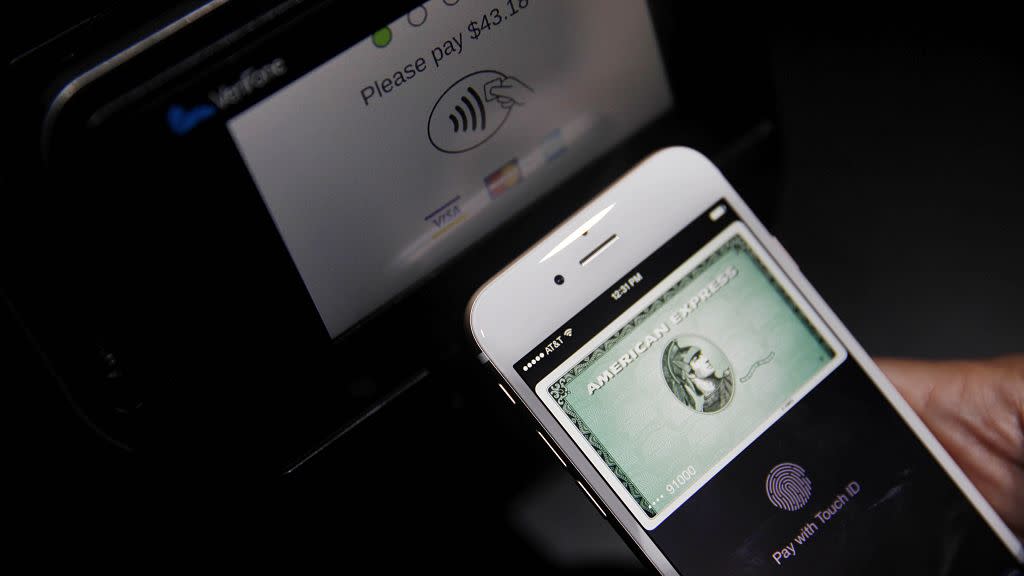Apple opening up access to payments on iPhones solves EU competition concerns

Commitments made by tech giant Apple to open up access to rivals to a standard technology used for contactless payments with iPhones – “tap and go” – were enough to address European Commission competition concerns, the EU executive said today (11 July).
The Commission found in an investigation, started in June 2020, that excluding Apple Pay's rivals from the market would restrict innovation and choice for iPhone mobile wallet users.
It said that Apple abused its dominant position by refusing to supply “near field communication” technology to competing mobile wallet developers, and by allowing only Apple Pay to access Apple’s hardware and software on iOS to make payments in stores.
Banks and other potential rivals argued it’s unfair they’re forced to use software controlled by the tech giant.
Apple suggested commitments to address Commission concerns in January, the EU Executive then consulted banks and app developers to test the commitments in February of this year.
Apple Pay security flaw leaves Visa cards at risk of 'unlimited' unauthorised contactless payments
EU accuses Apple of abusing dominant position in the way it runs Apple Pay
Apple, under Brussels pressure, agrees to open up iPhone payments
Following that feedback, Apple proposed additional remedies including the possibility to initiate payments with payment apps at other industry-certified terminals, such as merchant phones or devices used as terminals, as well as making it easier for users to set their default payment app.
EU Commission Vice President Margrethe Vestager in charge of competition, said in a press conference today that the commitments have now been made legally binding under EU antitrust rules.
“It opens up competition in this crucial sector, by preventing Apple from excluding other mobile wallets from the iPhone’s ecosystem. From now on, competitors will be able to effectively compete with Apple Pay for mobile payments with the iPhone in shops. Consumers will have a wider range of safe and innovative mobile wallets to choose from,” Vestager said.
Apple has until 25 July to implement the commitments. It will be in place for the next ten years, and the commission will continue to monitor this. If the company does not stick to the commitments, the Commission may impose a fine of up to 10% of its total annual turnover.


